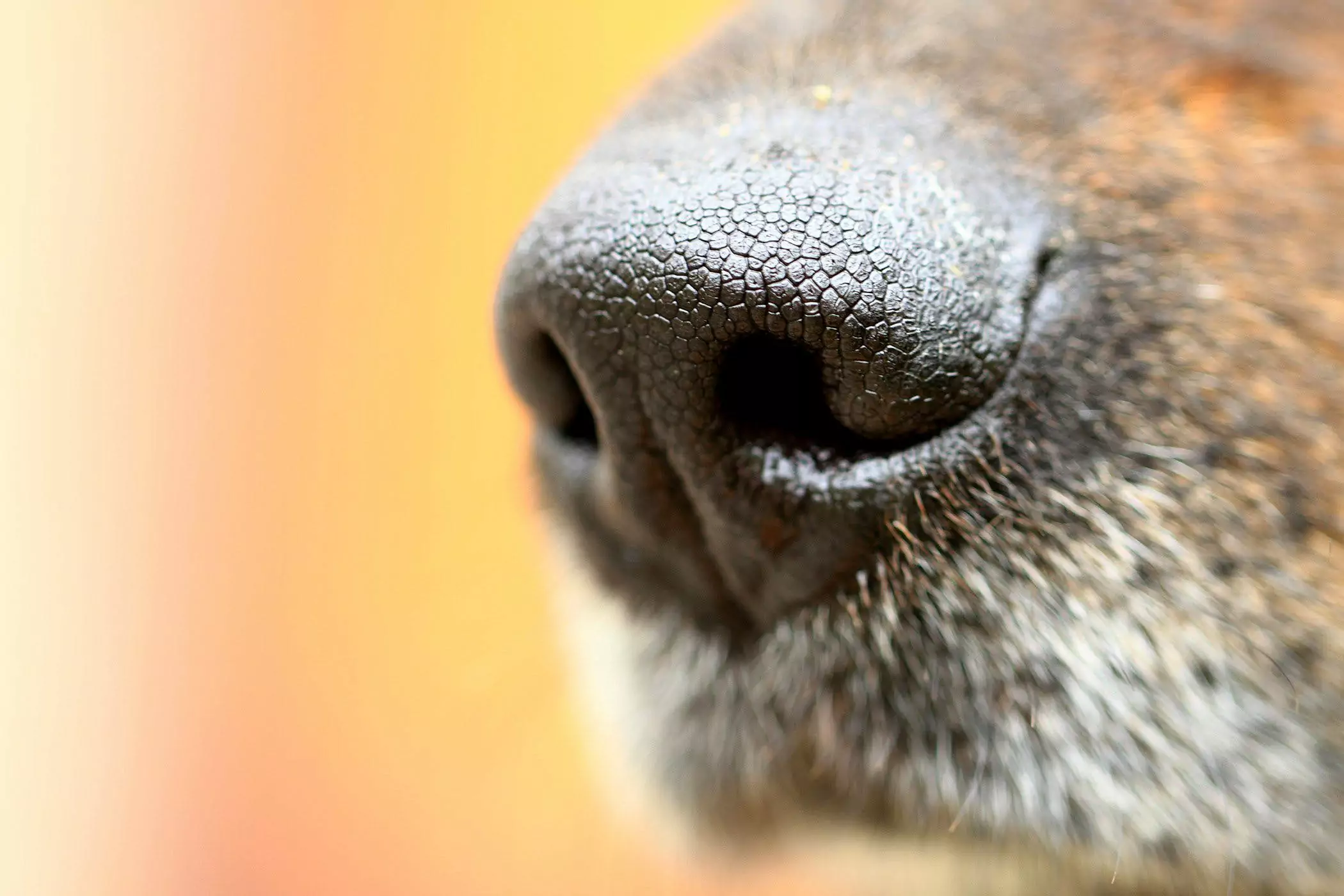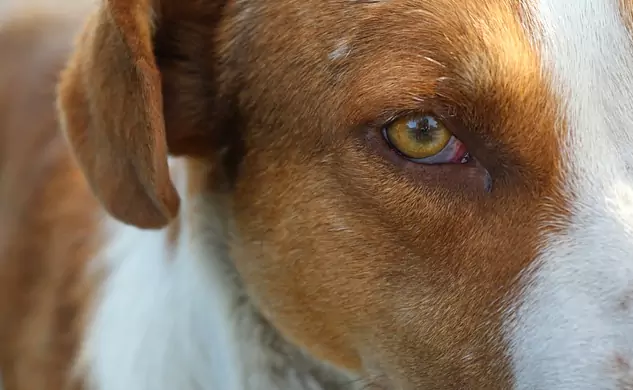Are grapes bad for dogs?
2022-06-17
Grapes, a very common fruit, are eaten by almost every household in the summertime. Whenever you eat grapes, when your dog circles around you, do you casually throw a few grapes to it to eat? Many novice dog owners, basically choose to give a few for their dogs to eat, so have you ever thought about what the consequences of eating grapes will be? If you go to understand, you may harm your dog.
Every summer, there are always so many examples of grape poisoning after the grapes hit the market, I remember last year a little girl gave their dog a whole bunch of grapes and then left the dog at home to go out by herself! When she got home she found her dog had severe vomiting symptoms. The result was acute kidney failure, and the culprit was locked in the bunch of grapes. It was also fortunate that this little girl was sent in time, or else the dog would have needed dialysis treatment if it had been more serious.
I. Next, I will tell you why dogs should not eat grapes, and why some dogs are fine if they do.
The toxicological mechanisms of grapes and raisins are still undetermined. It seems to contain nephrotoxic agents or idiosyncratic body reactions that lead to hypohemolytic shock and renal ischemia.
There is also a wide variation in the tolerance of dogs to grape-based fruits and dried fruits. Studies have found that raisins are more likely to cause poisoning in pets than fresh grapes.
Fresh grapes are toxic at doses of 19.6g to 1480.4g/kg, and raisins are generally toxic at doses of 0.16 to 0.7 OZ. Experimental studies have also shown that the more grapes consumed, the more toxic they are, but some dogs have eaten a kilogram of raisins without any signs of toxicity.
Can I give my dog grapes? Don't! It's harming the dog.
So this creates a situation where some dogs eat and get into trouble and some dogs eat and are fine! But eating grapes with or without symptoms of poisoning is not recommended! Because each individual will have a threshold of whether something will be poisoned, once the threshold is reached, there will be symptoms of poisoning. What's more, grapes can cause poisoning in such a wide range of doses, so if you feed them now without poisoning, if you feed them enough one day, the symptoms of poisoning will appear immediately!
It affects the nervous system and appears lethargic.
First of all, from the point of view of grape components, there is a component that will directly affect its nervous system, and will even appear listless. In this case, eating grapes is also a phenomenon that can make pet owners feel very surprised. After all, they did not think the dog would eat grapes like this. If you give 1-2 alone, there will not be much effect, but remember never to continue feeding.
It affects the gastrointestinal system and causes vomiting and leaking.
Grapes are not easy to digest for a dog's delicate gastrointestinal system. At this time, if you feed grapes to the dog to eat, it may directly affect the gastrointestinal system, in a short time, you will see the dog constantly vomit, but also constantly leaking, then found that the vomit is grapes, and the usual appearance of enteritis is relatively similar, indicating that the situation is very serious.
Affect the appetite system and the situation of loss of appetite.
From the point of view of diet, once the dog has eaten grapes, later on, there will be a continuous decline in appetite, which is also a great impact on the appetite system, appetite continues to decline, even when feeding, how to place it there, the next meal to see it is still there, basically did not move.
Symptoms of dehydration occur, and in severe cases, kidney failure.
When you accidentally feed your dog more grapes in the summer, generally within three days there will be dehydration of the whole sheet, at this time, if particularly serious cases, there will be kidney failure. If this is encountered, it will slowly leave this world, and of course, there is the possibility of uremia.
The idea that dogs should not eat grapes or food processed from grapes was initially thought to be just a folk saying, but it has now been confirmed that raisins and grapes are indeed toxic to dogs. Grapes of any kind are harmful to any breed of dog. What's more, it only takes a very small amount to cause serious damage to your dog.
Some dogs are naturally attracted to raisins and grapes, whether stored in the pantry or the vineyard, and they will seek them out. Unfortunately, pet owners even use raisins as a training treat, and some use them as a healthy snack alternative.

II. Toxicity of grapes
The Animal Toxicity Database can help you understand the toxicity of grapes. In some cases of sudden kidney failure, dogs have had the same thing happen: they all ate raisins or grapes before kidney failure appeared. Stories abound about dogs being sickened by grapes, including a 65-pound Labrador retriever who became very ill after eating a 12-gram box of raisins.
The dangers in New Year's Eve treats, grapes are poison for dogs, and even raisins
The damage to dogs from grapes or raisins is not limited to toxicity; the serving size may be one serving of grapes or raisins, one grape or raisin, or one gram. Raisins, the dried version of grapes, appear to be more harmful to dogs. Researchers are still trying to determine what the actual toxins of the fruit are to dogs, which are still unknown. Some potential ones may include mycotoxins (fungal toxins), pesticides, herbicides, or heavy metals.
Symptoms of poisoning
Vomiting and nervous (hyperactive) behavior immediately after ingestion of grapes within 24 hours, and diarrhea may also occur. Vomitus and feces may contain partially undigested grapes or raisins.
The danger in New Year's Eve treats is that grapes are poison for dogs, even if they are raisins
After 24 hours, the dog may become anorexic and lethargic. In addition, the abdomen may be painful and the dog may stop watering and urinating. Eventually, this can lead to kidney failure. Without aggressive treatment, many dogs will die. If you notice these symptoms in your dog, it is important to contact your veterinarian immediately to help remove the toxins from your dog's body.
Treatment
If the raisins or grapes were ingested within 2 hours, the veterinarian will remove the toxins from the body by doing something to cause the dog to vomit, and then apply activated charcoal to absorb any toxins that remain in the body. The dog will also require aggressive intravenous fluid therapy to maintain kidney health. Depending on the situation, the dog may also require additional kidney medication. If owners suspect that their pet has consumed grapes or raisins, regardless of the amount ingested, it is important to contact your veterinarian immediately.
Three common foods that dogs should not eat
1. Caffeine, theobromine, and theophylline, such as common chocolate, coffee, tea, and other products containing similar ingredients. These products can affect blood flow to the dog's brain, which can lead to heart disease and other fatal problems. The higher the purity of the chocolate and the higher the theobromine content, the greater the danger to the dog.
2. The effects of alcohol on dogs are similar to those of human alcohol poisoning. However, because dogs are smaller than humans, the dose of poisoning will be lower than in humans, leading to abnormal metabolism and function of all organs in the body and even death in severe cases.
3. Nicotine, such as cigarettes, marijuana, etc. Small doses of nicotine can stimulate the autonomic nerves throughout the body, and large doses of nicotine can block the transmission of impulses between the autonomic and muscular ganglia. The initial manifestations are salivation, excitatory respiratory movements, and tachycardia. Intermediate symptoms are vomiting, diarrhea, muscle tremors, shallow breathing until paralysis, and death from respiratory depression in the later stages of development.
4. Excessive liver food and seafood contain a large amount of vitamin A. A moderate amount of vitamin A can promote the development of the dog's eyes, but excessive intake of vitamin A can cause vitamin A poisoning, resulting in loose fur, limb bone damage, limping, gingivitis, and tooth loss. Therefore, it is recommended to feed liver food once every half month.
5. Onions and garlic contain dimethyl sulfoxide, which can destroy red blood cells and cause anemia in dogs.
6. Excess salt sodium ions and chloride ions are important for maintaining fluid balance, but excess salt can lead to an imbalance of electrolyte metabolism in the body, and dogs will drink too much water, leading to nephritis and hypertension. Special attention should be paid to the fact that the salt content of ordinary dog food is sufficient for dogs, and the salt content of leftovers in the human diet is seriously excessive.
Was this article helpful to you?
Other links in this article
English:
Are grapes bad for dogs?
Deutsch:
Sind Weintrauben schlecht für Hunde?
español :
¿Son las uvas malas para los perros?
Italiano:
L'uva fa male ai cani?
Nederlands:
Zijn druiven slecht voor honden?
Polskie:
Czy winogrona są szkodliwe dla psów?
Português:
As uvas são más para os cães?
português (Brasil):
As uvas são ruins para os cães?
русский:
Вреден ли виноград для собак?
日本語:
ぶどうは犬に悪い?
中文简体:
葡萄对狗有害吗?
Comments
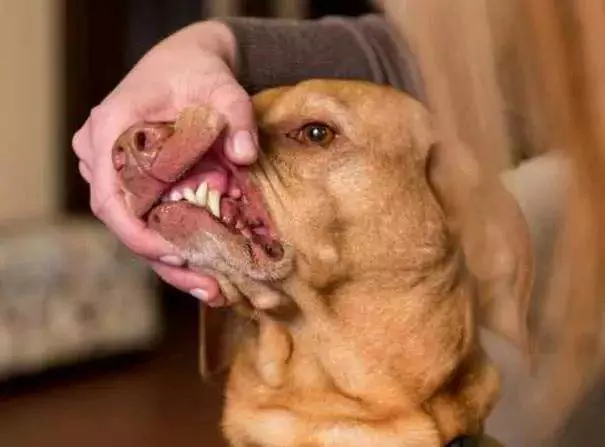
Is a dog's mouth cleaner than a human's? Dogs' mouths need regular cleaning
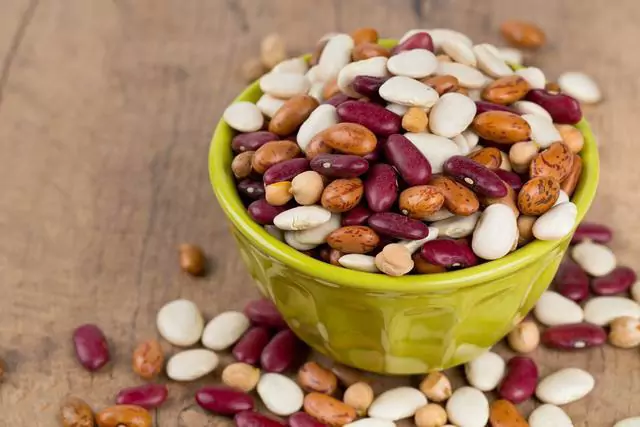
Can dogs eat beans? Do dogs eat beans for health?
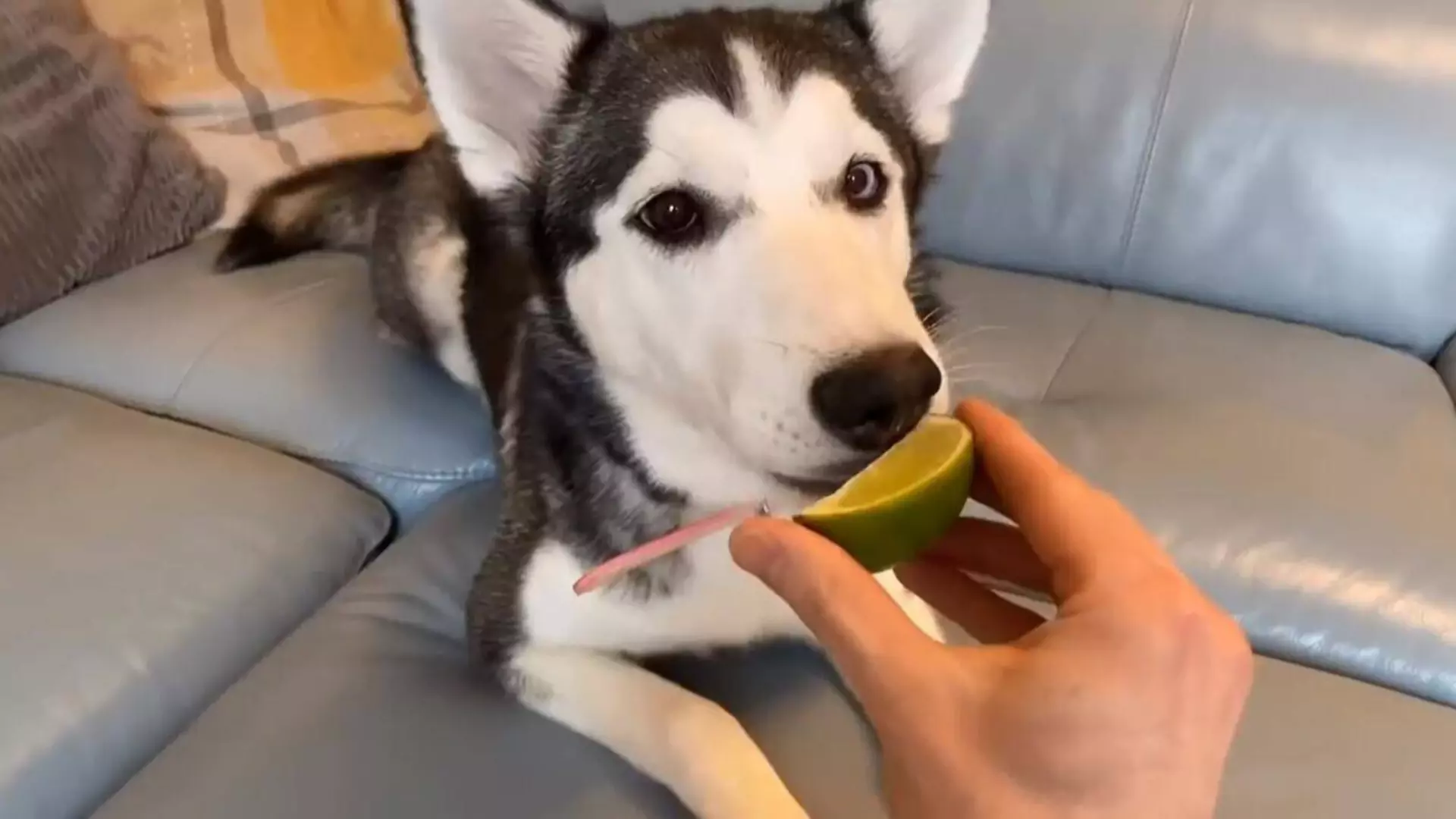
Can dogs eat lemons? Fruits that dogs should not eat more of

Do dogs have nightmares? Are dogs' dreams similar to humans'?
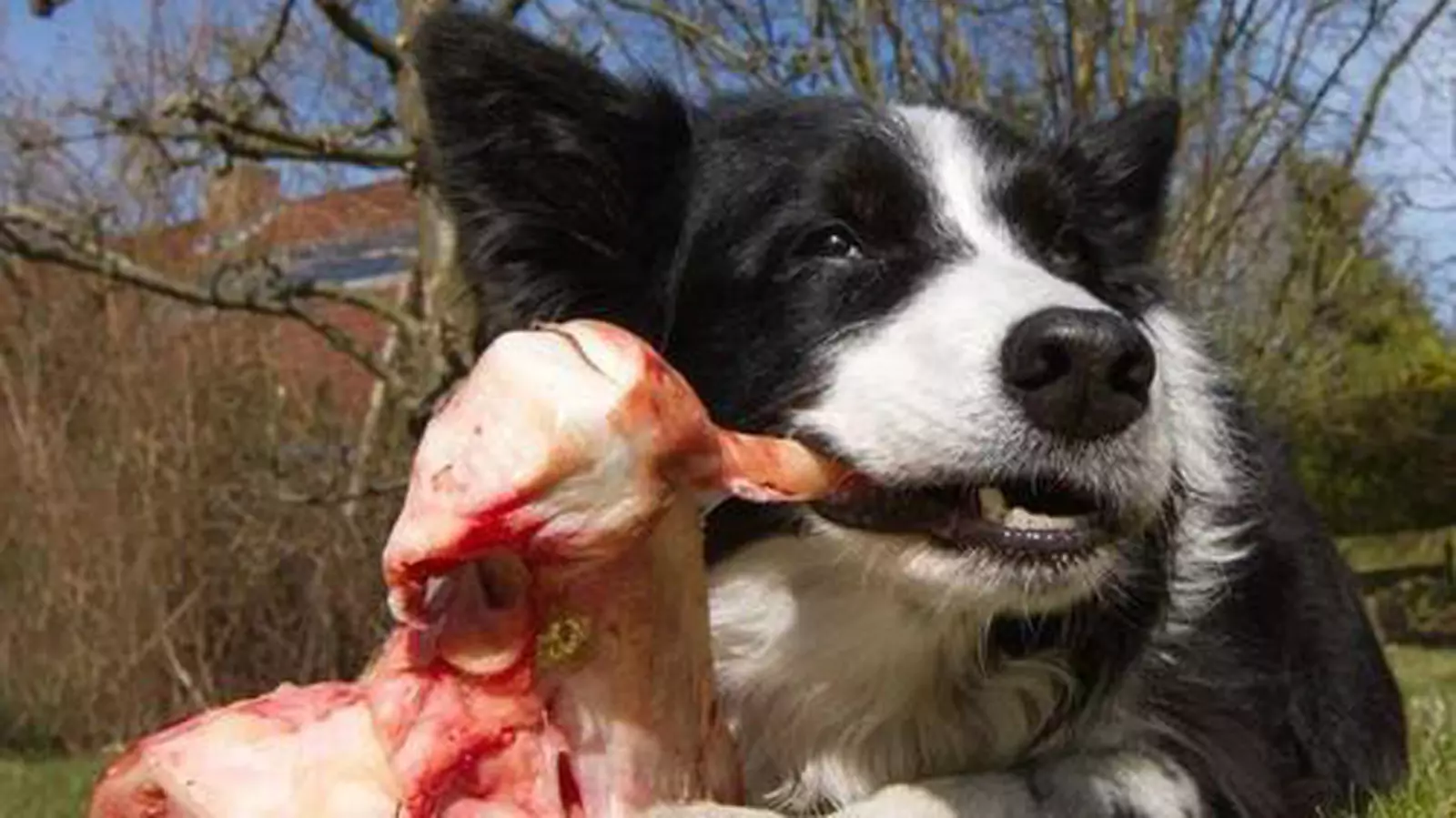
Can dogs eat raw beef? The benefits and drawbacks of beef for dogs
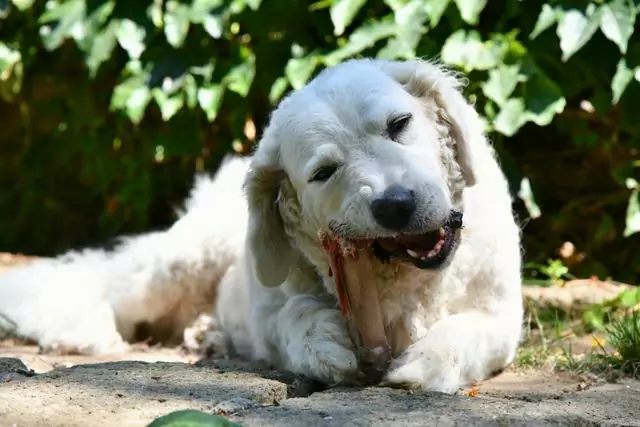
Is raw meat good for dogs? Can dogs eat raw chicken?

Can dogs eat pomegranates?

Can dogs eat ham?Can all types of ham hocks be eaten?

How to give a dog a bath

Can dogs eat kimchi?





